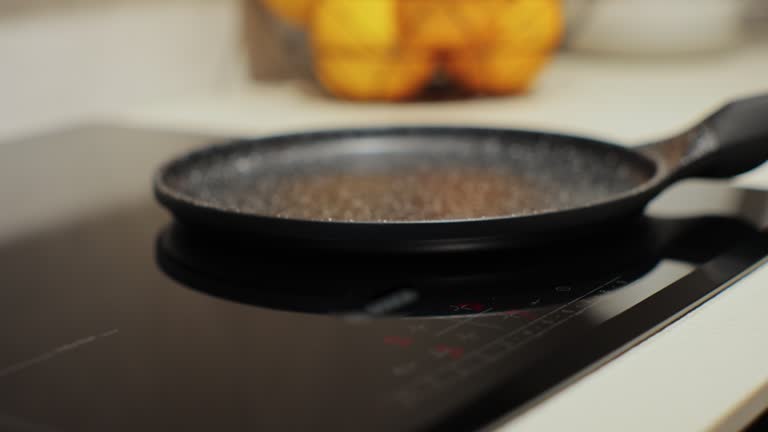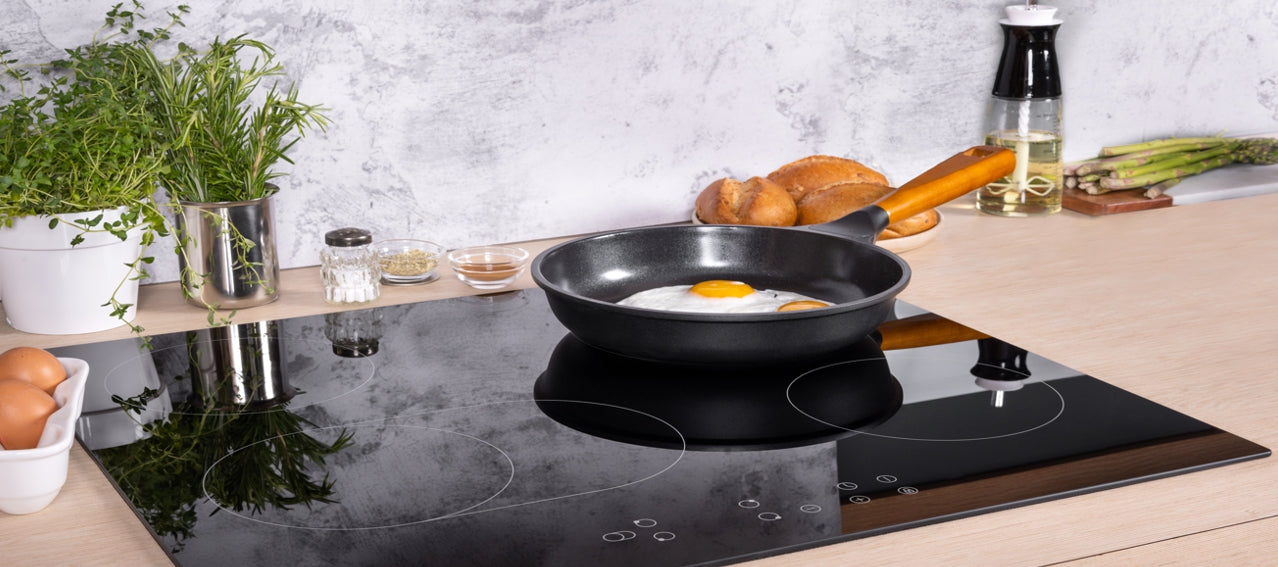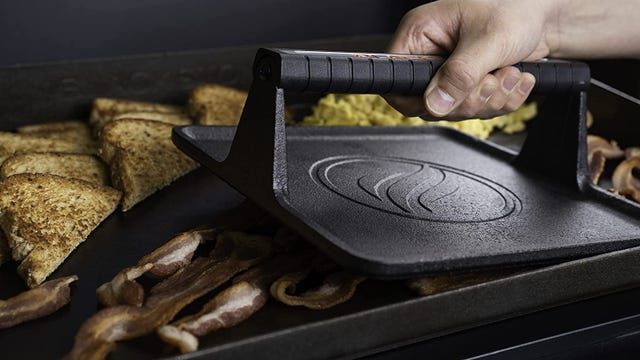Induction cooking has revolutionized the way we approach culinary techniques, offering efficiency and precision that traditional gas and electric cooktops often lack. For kitchen professionals, understanding the compatibility of cookware with induction cooktops is crucial. One frequently asked question is how to tell if cast iron works on induction. This article unravels this mystery and provides insights into the compatibility of cast iron with induction cooktops.
Cast iron has been a staple in kitchens worldwide due to its durability and exceptional heat retention. However, with the rise of induction cooking, many professionals are left wondering whether their beloved cast iron pans can make the transition. Fortunately, the answer is usually a resounding yes, but there are some nuances to consider.

Understanding Induction Cooking
Before diving into the specifics of cast iron, it's important to understand how induction cooking works. Induction cooktops use electromagnetic fields to directly heat pots and pans. Unlike traditional methods, where the burner heats up and then transfers heat to the cookware, induction cooktops heat the cookware itself. This process is not only more energy-efficient but also quicker, as it minimizes heat loss.
For a pan to be compatible with an induction cooktop, it must be made of a magnetic material. When the electromagnetic field is activated, it induces an electric current in the pan, which creates heat. This means that not all cookware is suitable for induction cooking. To learn more about how induction cooktops function, you can explore this detailed explanation of induction cooking.
Why Cast Iron is Generally Induction-Compatible
Cast iron is known for its magnetic properties, making it an excellent candidate for induction cooktops. Because cast iron is ferrous, it interacts with the electromagnetic fields generated by induction cooktops, heating up efficiently. This is one of the reasons why cast iron remains a favorite among chefs, even in modern kitchens.
However, not all cast iron cookware is created equal. Some modern cast iron pieces come with enamel coatings, which can affect induction compatibility. While the enamel doesn't interfere with the magnetic properties of cast iron, it can sometimes create a barrier that reduces the efficiency of heat transfer. To learn more about the nuances of using cast iron on induction, check out this comprehensive guide on cast iron and induction compatibility.
Testing Your Cookware for Induction Compatibility
To determine whether your cast iron cookware will work on an induction cooktop, a simple test can be done at home. Hold a magnet to the bottom of your cast iron pan. If the magnet sticks firmly, your pan is likely suitable for induction cooking. This test works because the magnetism indicates the presence of iron, which is necessary for induction cooking.
For those looking to explore creative ways to use their cast iron cookware, consider trying out some sizzling vegetarian protein recipes that are perfect for both traditional and induction cooking methods.
Potential Challenges and Solutions
While cast iron is generally compatible with induction cooktops, there are some challenges. Due to the weight and thickness of cast iron, it can sometimes heat unevenly. Additionally, if your cast iron pan is warped or not perfectly flat, it may not sit evenly on the cooktop, affecting its efficiency.
To mitigate these issues, ensure that your cast iron cookware is well-maintained. Regular seasoning and proper storage can prevent warping. For those interested in achieving the perfect sear, consider experimenting with some sizzling recipes that utilize the unique heat retention properties of cast iron.
Conclusion
In conclusion, cast iron cookware is generally a great choice for induction cooktops, provided it is well-maintained and free of significant warping. The magnetic properties of cast iron ensure that it responds well to the electromagnetic fields of induction cooktops, offering efficient and consistent cooking results.
For kitchen professionals looking to make the most of their cast iron cookware, understanding these nuances is key. By ensuring that your cast iron pieces are in good condition and suitable for induction, you can enjoy the benefits of both traditional and modern cooking techniques. For further insights into induction cooking and its benefits, explore this detailed article on best pans for induction hobs.

FAQs
1. Can I use all types of cast iron on induction cooktops?
Generally, yes. Most cast iron cookware is induction-compatible due to its magnetic properties. However, be cautious with enamel-coated cast iron, as it might not heat as efficiently.
2. What should I do if my cast iron pan doesn't work well on induction?
If your pan isn't heating efficiently, check for warping or uneven surfaces. Maintenance and proper seasoning can improve performance. Consider consulting resources on maintaining cast iron cookware for optimal results.
3. Are there other cookware materials suitable for induction?
Yes, other materials like stainless steel or any cookware with a magnetic base are suitable for induction cooking. Always perform the magnet test to ensure compatibility.






Leave a comment
This site is protected by hCaptcha and the hCaptcha Privacy Policy and Terms of Service apply.